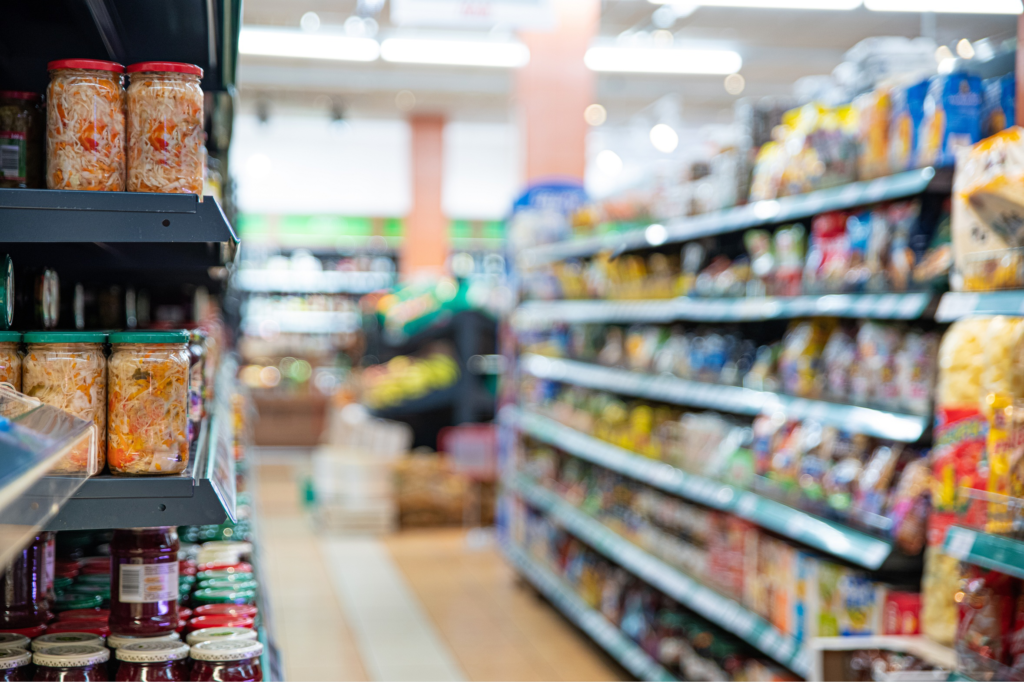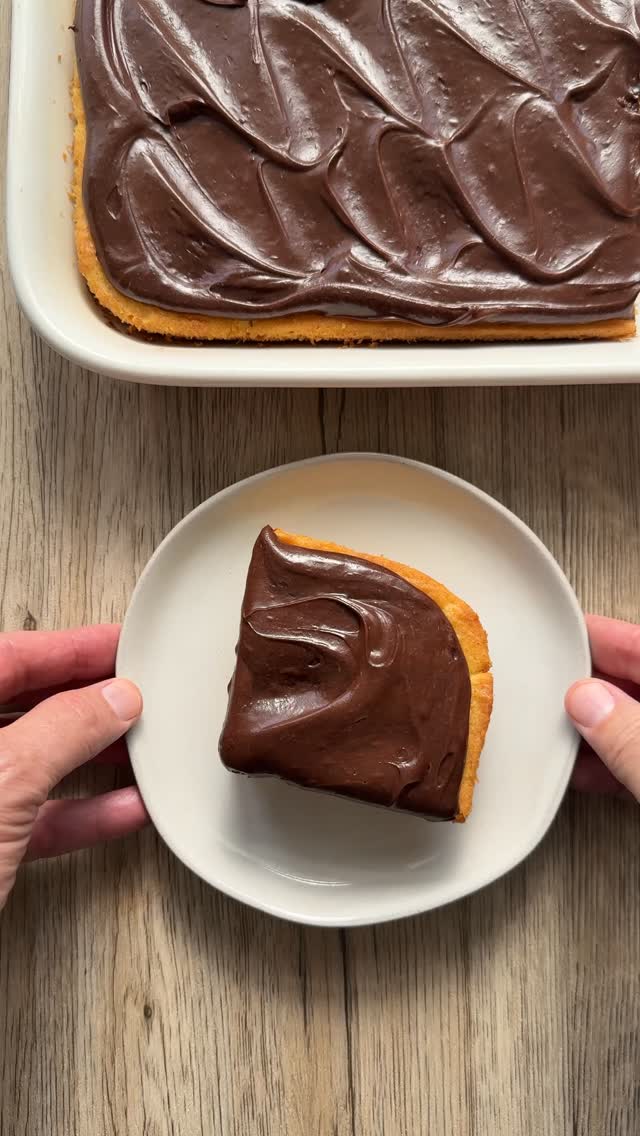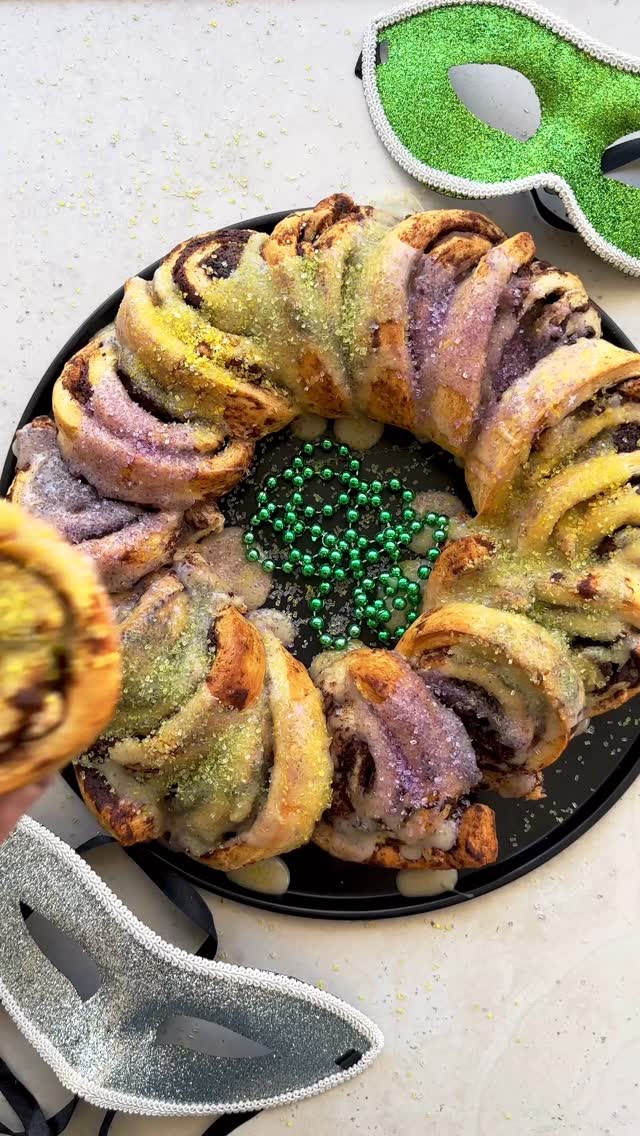
Frequently Asked Questions
Do you post ingredients?
Yes, because I understand that some have dietary restrictions that extend beyond veganism and would like to know the nutritional information and exact ingredients in the products I post. For this reason, I try to post ingredients whenever possible.
Where can I buy the items you post?
I tag the store I purchased the item at and also add the location to every Instagram post. Some items are available at multiple retailers so it’s best to check the manufacturer’s website for their store locator to see if they’re sold in your area. You can now often also use a store’s app or website to check inventory. For Whole Foods Market stores for example, you can use the Amazon app and the pickup option to see items available at a specific location. Best to check after 10 a.m. as that’s when inventory is updated. Another way to check is to use Instacart to check stock at items at stores that offer delivery through that service.
How long have you been vegan?
I’ve been vegan since 1994. It was a gradual process, but I was living in London at the time and I said it I was ever going to do it, now was the time as there were more vegan options there than the states. I’ve never intentionally eaten anything non-vegan since then but we all know things can be slipped into our foods unbeknownst to us like chicken broth, fish sauce etc.
Why did you become vegan?
For health and for the animals!
Why do you post things on Instagram you haven’t tried?
First off, Big Box Vegan is not a reviews account and everyone has their own “good”. I post vegan items for everyone’s awareness, but just because I may like a product doesn’t mean you will. Just browse through the comments on some bigger posts and you’ll see opinions are often divided about the item. The best way to know is to try it yourself! I would personally go broke buying everything I post and no, I don’t get everything for free.
How do you stay consistent being vegan?
One thing that has worked for me is the constant reminder of animals suffering. Although it upsets me greatly, I follow accounts that sometimes show animal abuse to remind me of why I am vegan. I also do not feel like I am giving up anything and that’s definitely a mind set. Once you realize you can most likely make anything vegan from your list of favorite foods you would eat before you were not vegan, you will realize that you’re not missing out on anything. Veganism is definitely a lifestyle choice and not a diet and encompasses a lot of different things and not just the food on our plates.
What’s your favorite store?
The one with the best deal! Also, I’m not a store. I can’t tell you how many messages I get asking me to sell things overseas or to stock something. I’m just a blogger posting items that may be of interest to vegans. I’m neither a retailer nor a manufacturer.
What do you use in place of eggs for baking?
I often use flax eggs for baking. I’m a big fan of aquafaba (liquid from canned chickpeas) lately and sometimes mix that with some flax meal with great results. I also have had success using Just Egg in baked goods but I will often substitute half Just Egg to replace the yolk and half aquafaba to replace the whites. This has worked well in a lot of my recipes. Some use applesauce or pumpkin as an egg replacer and this is a great fat free product but can lack the fat to produce consistent results in some baked goods. Aquafaba has also been a miracle ingredient for vegan meringue as it will whip up like egg whites. You can google it to find out more about how it works as it needs a stabilizer to work well for some recipes. Chia seeds can be used too but I find they’re texture can be off putting in the finished product. The biggest mistake people make is not using the same volume of replacer as a normal egg would be which is about 3 tablespoons.
How often do you go shopping?
Every chance I get, but I usually hit up some stores weekly and then try to get to a warehouse club once every 2 weeks. Then I throw in others weekly but try to get to all of them at least once or twice a month. We have a lot here, so it’s not always easy!
What about small amounts of potential animal products in processed foods and what are some less obvious non-vegan ingredients I should be aware about?
I agree with PETA that has spoken about small amounts of possible animal derived ingredients, that we should not be too militant or concerned with this or possible cross contamination. You’re not really saving animals avoiding .ooo1% of a possible ingredient like mono and diglycerides or enzymes. You make the largest impact by choosing vegan meat, egg and dairy alternatives. Militant vegans who callout others and say they’re not vegan for buying or consuming these products are misguided and not helping veganism. It should not be thought of as an exclusive club or religious-like group where you can be excommunicated or kicked out when you’re just trying to do your best and help animals.
You also have to realize that people come to veganism for various reasons. Some are only concerned with animal welfare. Some come to it for health reasons and others for environmental concerns. Vegans come in all shapes and sizes and shaming someone for not following your particular brand of veganism only further enforces the stereotype that we’re militant, impossible to please and angry individuals. Let’s be better than that and be supportive not destructive.
Now, onto some ingredients that you may not be aware are questionable. Refined white sugar is a hot topic amongst vegans. A lot of processed sugar uses a bone char process to refine it and being that a lot of it is mixed at the refineries before being sold to manufacturers, it’s hard to know if a sugar has gone through this process unless it’s 100% organic or the product is labeled certified vegan. Some vegans consider this a pick your battles issue but I try and buy organic for home baking and then OG products where I’ll know the sugar is vegan. From my research, it seems that this is becoming less and less a popular manufacturing practice and I’ve also read the bones used are not from animals killed specifically for this purpose. That does not make it any better, but again, you’re really not saving animals by avoiding it. I guess the demand for pure white sugar is the reason this practice started and hopefully is a dying process.
Confectioners glaze is another hidden non-vegan product often used in candy and sprinkles and uses a resin secreted by insects in the shellac and is not technically vegan. I always say if an ingredient had parents, I don’t eat it. Look for products that don’t contain this hidden ingredient. This wipes out products like shiny covered chocolates and candies as they normally use this or beeswax often to obtain that appearance.
Some forms of xanthan gum used to be derived from animals, but it is generally accepted that this is no longer the norm and it widely considered vegan.
CROSS CONTAMINATION: The shared equipment allergen statement throws a lot of people. This is there because a lot of manufacturers use shared equipment used to also process non-vegan products and if someone has a severe life threatening allergy, they would want to know. Remember, MAY CONTAIN does not mean DOES contain. It’s not part of the ingredients list. The only true allergens listed are the major eight that are legally required in ingredient lists. These include: wheat, milk, soy, peanuts, tree nuts, eggs, shellfish and fish. If the item does not list a non-vegan allergen but contains the cross contamination statement, some vegans choose not to eat it but I personally feel this is going too far. You could go down a rabbit hole saying animals are killed during crop harvesting, small amounts of insects could be in some flours and grains. The lists are endless and like I said, we need to keep our eye on the big picture and doing the most good at saving animals lives.
My personal feeling is that you must draw the line somewhere and I eat products made on shared equipment. You have to decide for yourself where that line is for you.
For other sneaky items that may not be immediately recognizable in ingredient lists, visit this website that has a good explanation of some of these products.
Why aren’t products always listed as vegan when they contain no animal derived ingredients?
If a product is not labeled certified vegan it could be for a few reasons.
One reason could be because of labelling laws. A lot of products are only listed as “non-dairy” because of cross contamination from shared equipment. In this case even though there’s no animal products in the ingredients, there could be traces in the finished product.
One reason could be the sugar cannot be verified as 100% vegan.
Always check ingredients and the listed main allergens for any animal derived products.
You may notice a new “Certified Plant-Based” logo appearing on some products. This certification means the product is 100% vegan. Some brands prefer the softer less threatening phrase plant-based as they’re also trying to appeal to non-vegans as well. We can’t ignore the fact that even those choosing to eat vegan or plant-based only a few times a week still has an impact on animals lives.
What does it mean when you have a “Sponsored” post on Instagram?
Sometimes, I will have a vendor reach out to me to partner on a post on Instagram. It could be an in-kind exchange of some product (usually the case), or a paid post. Either way, I only post products I like and think you will like as well so rest assured I would never promote a brand or product I did not personally endorse. Due to Instagram’s strict brand partnering rules, I must always disclose these as a sponsored post even though I’ve gotten a nominal amount of goods in exchange for posting. If I don’t like a product, then I will not partner with the brand. This is how we can make back a small amount of income for the enormous amount of work involved in posting, recipe development, photography, styling, etc. Most influencers have full time jobs (like myself) and this is a side hustle we do for love, but it’s nice to sometimes get a perk for all the hard work.
If you have any questions, feel free to email me or message me on Instagram or Facebook. I’m always trying to help anyone who has questions or concerns.



















































